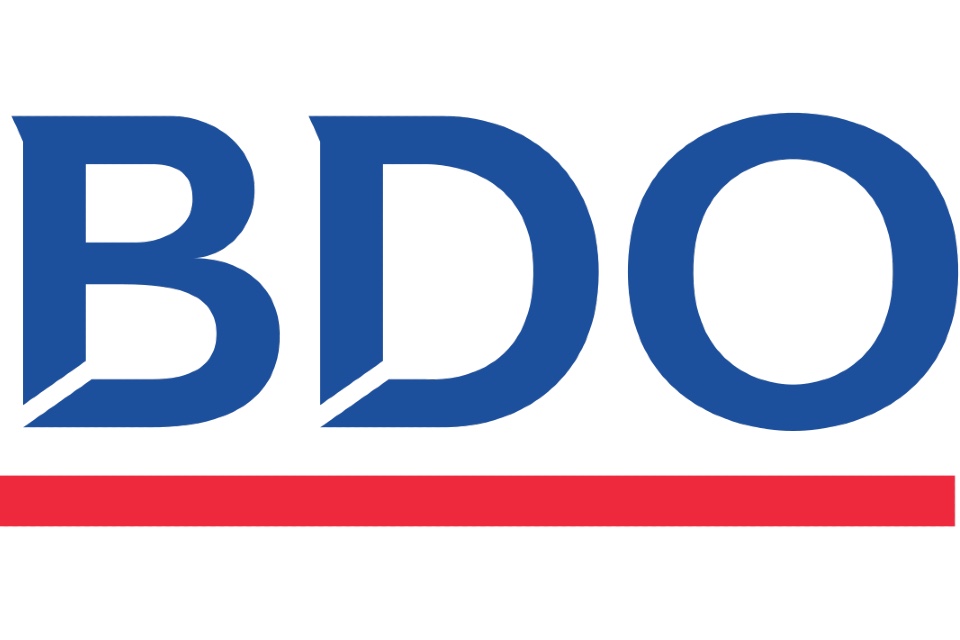By Fraser Paget (pictured, above), BDO
In 2024, UK businesses face a rapidly evolving landscape, with supply chain resilience becoming a critical priority. While businesses have mostly adapted to the disruptions caused by Brexit and COVID-19, new and equally complex challenges have emerged. Today’s businesses are navigating geopolitical tensions, inflation, sustainability demands, and technological shifts. However, there are practical strategies that can help improve supply chain resilience.
Geopolitical instability is one of the biggest uncertainties businesses face today, particularly the ongoing Russia-Ukraine conflict and escalating tensions in the Middle East. These uncertainties impact trade routes and create fluctuating costs for raw materials. In response, many UK businesses are diversifying their supplier networks, both geographically and across industries, to reduce dependency on single regions or suppliers that are vulnerable to disruption.
Another pressing issue is inflation, which, while more stable than 12 months ago is still present, with rising costs of energy, raw materials, and logistics (especially sea freight). Supply chain managers are increasingly looking to secure long-term contracts with suppliers to lock in prices and protect against sudden increases. Additionally, adopting energy-efficient technologies and renewable energy sources can help businesses reduce operational costs and their exposure to energy price volatility.
The growing importance of sustainability and ESG (Environmental, Social, and Governance) compliance is also reshaping supply chains. UK businesses face mounting regulatory pressure and consumer demand for greener practices. Many are responding by integrating sustainability into their supply chains, exploring greener logistics options, using sustainable packaging, and partnering with suppliers who prioritise low-carbon practices. Implementing transparent tracking mechanisms can enhance credibility with stakeholders and improve traceability.
Another challenge is technological disruption. With AI, machine learning, and automation on the rise, companies are adopting digital tools to improve supply chain efficiency. We are seeing a trend of investment on updating legacy systems (WMS/TMS & ERP) rather than diving headfirst into AI. Starting with small-scale digitalisation—such as automating inventory management—before scaling up to more complex processes can be an effective approach. Predictive analytics also helps businesses anticipate demand shifts and prevent shortages or overstocking.
These are just a few of the strategies that UK businesses are considering to strengthen their supply chains.
For further information, reach out to Fraser.Paget@bdo.co.uk.







